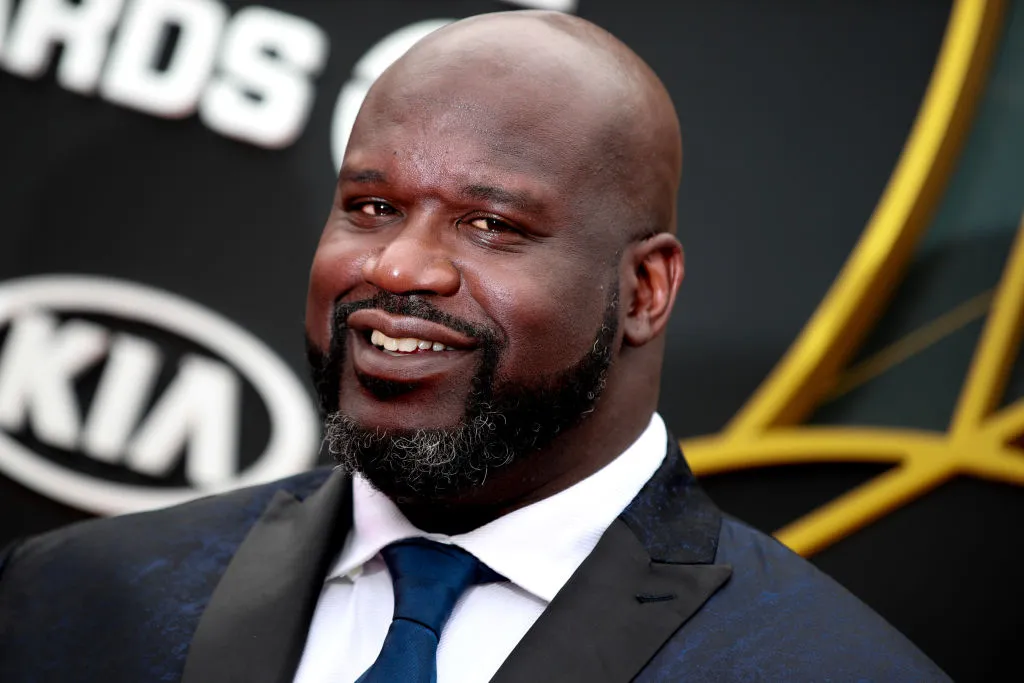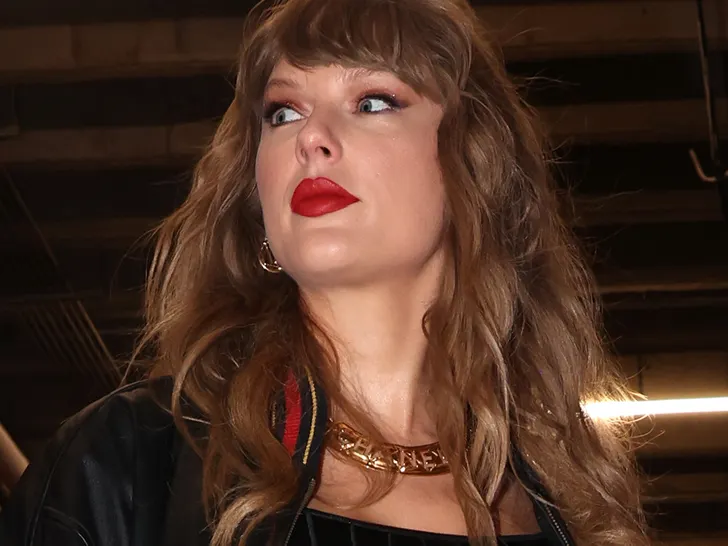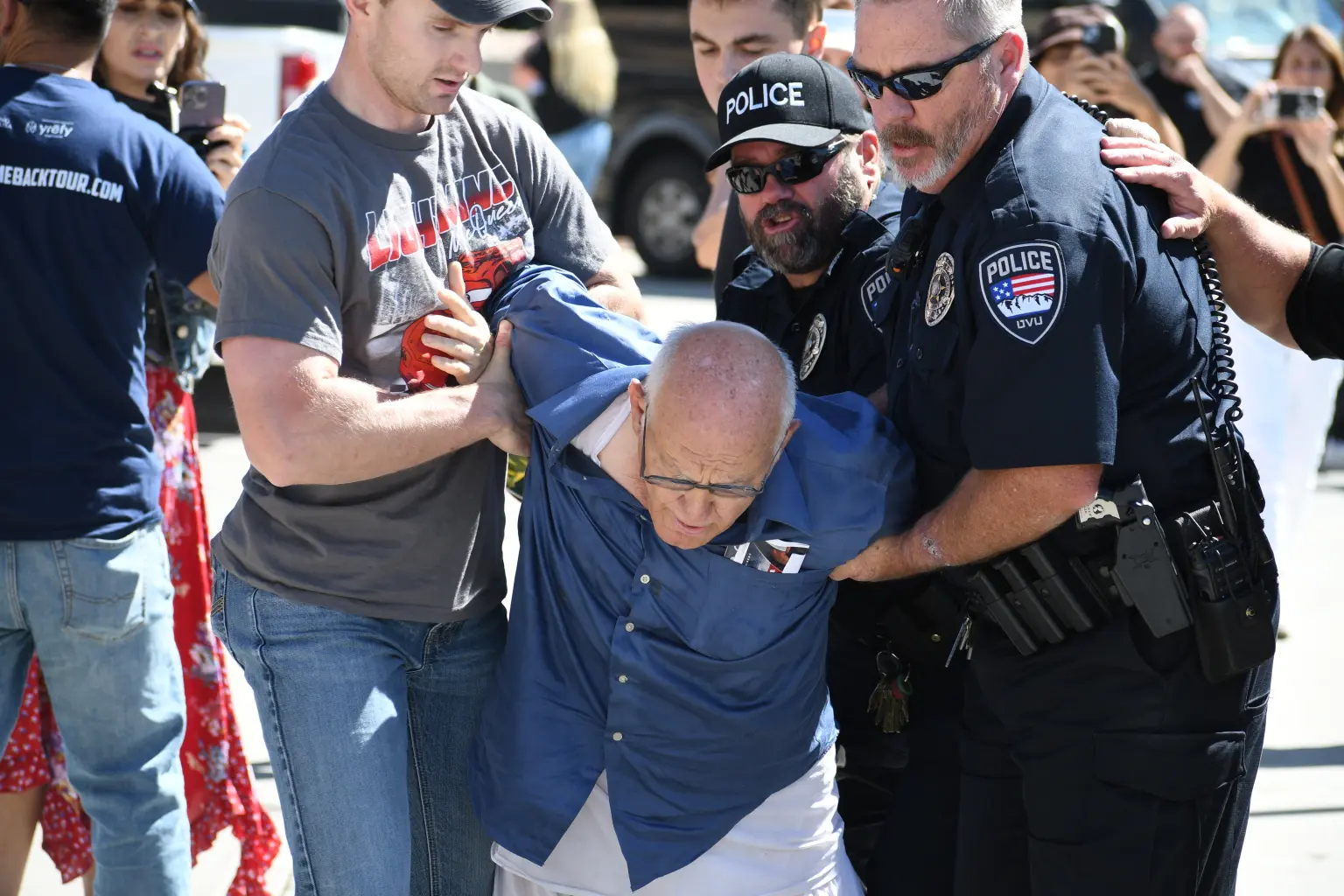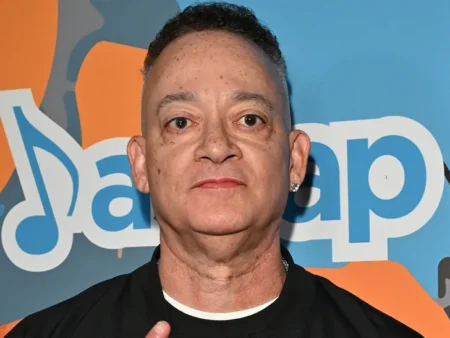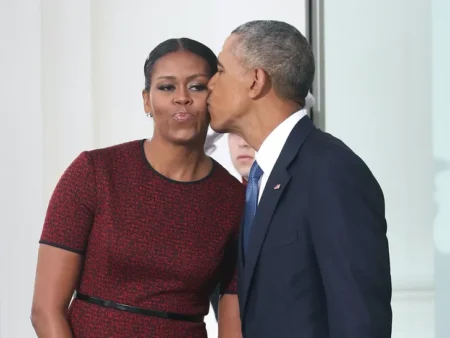Shaquille O’Neal Reveals Wild Cocaine Test Story from 1996 Olympics, Criticizes NBA Drug Policy
In a recent Inside the NBA segment, the legendary Shaquille O’Neal shared an unforgettable story from the 1996 Summer Olympics in Atlanta. While discussing Bobby Portis’ suspension with fellow basketball analysts Charles Barkley, Kenny Smith, and Ernie Johnson, O’Neal opened up about a moment in his own career when a failed drug test led to a surprising explanation.
The story, which involved O’Neal testing positive for cocaine due to eating poppy seeds, has become a humorous and cautionary tale, shedding light on the complexities and challenges of drug testing in sports. It also brings attention to the sometimes unclear nature of NBA’s substance policies and the consequences athletes face when substances they aren’t even aware of cause them to fail a test.
Shaquille O’Neal’s Cocaine Test Scare: A Poppy Seed Mix-Up
During the Inside the NBA broadcast, O’Neal recalled the unusual incident from the 1996 Olympics when he was told not to eat before his drug test. O’Neal, who is known for his larger-than-life persona and candid storytelling, explained that he had consumed a poppyseed muffin prior to the test, unaware that it would later be the source of his positive result.
“Horace Balmer walks in and says ‘Man, I’m disappointed in you,’” O’Neal said, recounting the moment when he was told he had tested positive for cocaine. At the time, O’Neal was stunned because he had never used cocaine in his life. After further investigation, it was discovered that the poppyseed muffin he had eaten earlier contained traces of the same alkaloids found in cocaine.
“The research showed that the poppyseed muffins had the same derivatives as cocaine,” O’Neal explained, reflecting on the mix-up that led to his positive test. This revelation was eye-opening, especially considering how rigorous drug testing procedures are in professional sports.
The Problem with the NBA’s Drug Policy: A Lack of Clarity
O’Neal’s experience highlights the often murky nature of drug testing policies in sports, where athletes can be penalized for substances that are not clearly outlined or even known to them. The NBA’s drug policy, like many others, has a list of banned substances that players are instructed to avoid. However, the line between what is permissible and what is not can be confusing for athletes.
“They tell you not to take this, that, and that,” O’Neal argued, pointing out that while athletes are given a list of banned substances, they may not be aware of the specific derivatives that can cause them to fail a test. “That ‘something’ that’s not on the list can be a derivative of something you’re not supposed to take, and you can mess up that way.”
The poppy seed incident serves as a reminder of how fine the line can be for athletes. While the intention may not be to cheat, consuming something as innocent as a muffin can lead to dire consequences. This situation underlines the importance of athletes fully understanding what is and isn’t safe to consume in relation to their sport’s drug policies.
Bobby Portis’ Suspension: A Similar Misunderstanding
O’Neal’s story comes at a time when another NBA player, Bobby Portis, is facing his own suspension due to a failed drug test. Portis, the Milwaukee Bucks forward, was recently suspended for 25 games after it was discovered that he had inadvertently taken a banned substance. Much like O’Neal’s experience, Portis’ case involved an accidental consumption of a substance that he did not know was prohibited.
Portis’ agent, Mark Bartelstein, spoke out about the situation, explaining that Portis took tramadol, a pain medication, thinking it was Toradol, a commonly used and approved pain medication in the NBA. “I am devastated for Bobby right now because he made an honest mistake and the ramifications of it are incredibly significant,” Bartelstein said in a statement.
Tramadol was recently added to the banned substance list, and Portis’ use of it unknowingly led to his suspension. His case has drawn attention to the ongoing issue of athletes unknowingly consuming substances that are now banned, highlighting the need for clearer communication and education regarding what athletes can and cannot take.
The Importance of Education for Athletes
Both O’Neal’s and Portis’ cases underscore the importance of educating athletes about the substances they can and cannot consume, even in the most routine situations. The stakes are incredibly high in professional sports, and failing a drug test, even accidentally, can have lasting consequences on a player’s career.
While drug policies are put in place to maintain fairness and safety in sports, there’s also a growing realization that these policies need to be more transparent and better communicated to athletes. The inclusion of certain substances, like poppy seeds, on the banned list may seem trivial, but it’s important to remember that an athlete’s performance, career, and reputation are on the line every time they take the court.
One solution that many experts in the sports world are advocating for is better drug education programs for athletes. These programs would not only inform players about the substances on the banned list but would also help them understand how certain foods and medications can impact their results. Having this knowledge could prevent cases like O’Neal’s or Portis’ from occurring in the future.
Shaquille O’Neal’s Legacy: A Humorous Yet Cautionary Tale
While O’Neal’s poppy seed mishap may seem funny in hindsight, it serves as a powerful reminder of the complexities that come with maintaining a professional athlete’s health and reputation. It also shines a light on the importance of clarity in sports policies and the potential pitfalls athletes face when navigating those rules.
As one of the most beloved figures in basketball, O’Neal’s personal story has become part of NBA folklore. It’s a story that adds to the many colorful chapters of his career, alongside his four NBA championships, his role in revitalizing the Los Angeles Lakers, and his larger-than-life personality.
However, beyond the humor, O’Neal’s experience is a call for better understanding and communication within the world of sports. Whether it’s the poppy seed muffin or the pain medication mix-up, athletes need to be better informed about the risks they face when it comes to drug testing. Education and clear guidelines are essential for ensuring that players don’t end up in situations where their careers are jeopardized by substances they didn’t even know they were consuming.
Final Thoughts: Navigating the Complexities of Sports Drug Policies
Both Shaquille O’Neal’s poppyseed muffin story and Bobby Portis’ tramadol incident underscore a broader issue within sports: the often confusing and unclear nature of drug policies. While the intention is always to maintain fairness and integrity, athletes need more education about the substances they ingest and the potential consequences of their choices.
For now, O’Neal’s story remains a humorous reminder of the delicate balance athletes must maintain in their personal and professional lives. As sports continue to evolve, so too must the systems that govern them, ensuring that no athlete is unfairly penalized for accidental mistakes.




